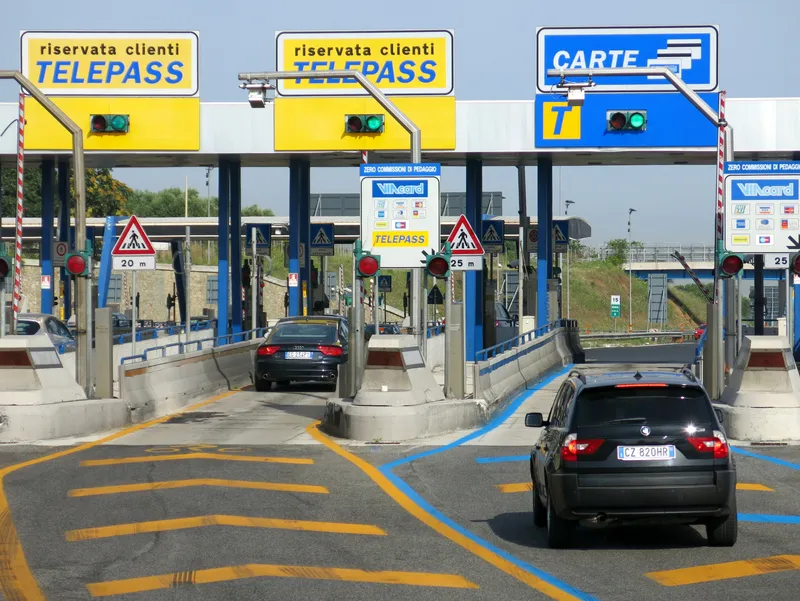
Verra Mobility will offer electronic toll payment for vehicles rented by Sixt in six Italian cities - Milan, Rome, Florence, Venice, Bergamo and Bologna.
The deal with Sixt means that rental car drivers can opt-in to the programme when renting a vehicle, which allows them to automatically pay tolls electronically. There will be no waiting in the toll booth line or having the right amount of cash on hand.
In 2023, Verra Mobility announced its partnership with Telepass, an Italy-based company offering integrated mobility, to enable expanded toll payment coverage for short term rentals.
The partnership with Telepass enabled Verra to roll out its automated tolling solution with multiple rental car companies in Italy.
The country has more than 4,500km of toll motorways and is a top global tourist destination which fuels a high demand for short-term rental vehicles.
Verra's electronic tolling technology is currently enabled for 100% of the tolling network in Italy. By implementing electronic tolling, rental car users can now access "fast lanes", creating a safer, faster and seamless tolling experience.
"The value of offering this technology is clear, as evidenced by successful roll outs of the technology throughout Europe,” said Tsjerk-Friso Roelfzema, general manager for Verra Mobility Europe.
“Electronic tolling solves pain points for rental car companies and their drivers and we are proud to offer the solution."
"We saw quickly what a clear value-add Verra Mobility's solution would be to our customers,” said Angelo Ghigliano, vice president at Sixt.
Tolling solutions from Vera Mobility, based in the US state of Arizona, are currently used in the US, Ireland, Italy and Spain. The company provides smart mobility technology solutions, bringing together vehicles, hardware, software, data and people to enable safe, efficient solutions for customers globally.









